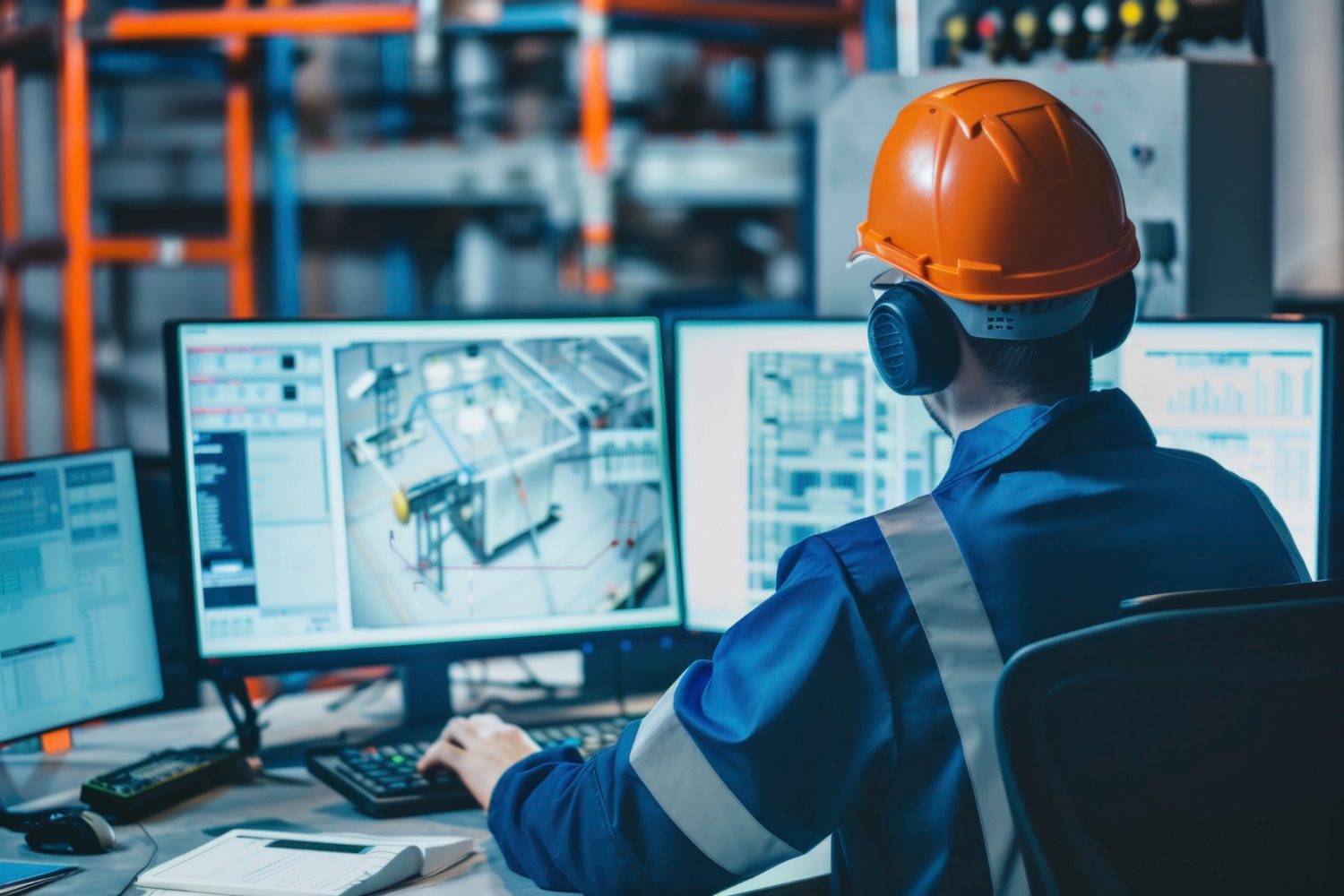The construction industry in the Gulf region is undergoing a remarkable transformation. From towering skyscrapers to sprawling residential complexes, the region’s skyline is changing rapidly, thanks to innovative construction technologies. Let’s dive into some of the game-changing technologies that are making waves in the Gulf’s construction sector.
Table of Contents
The Growing Significance of the Gulf Construction Market
The Gulf region, particularly cities like Dubai, Abu Dhabi, and Riyadh, has become a global hub for construction. With ambitious projects such as the Burj Khalifa, The Red Sea Project, and NEOM, the region is setting new standards in architectural excellence and innovation.
3D Printing in Construction
One of the most exciting advancements is 3D printing. This technology is revolutionizing how buildings are designed and constructed.
Benefits of 3D Printing
- Cost Reduction: 3D printing can significantly reduce construction costs by minimizing material waste and labor expenses.
- Speed: Buildings that traditionally took months or years to construct can now be completed in a fraction of the time.
- Precision: The technology allows for precise and intricate designs that are difficult to achieve with traditional methods.
Case Studies: 3D Printing in the Gulf
In Dubai, the municipality has already set a record by creating the world’s largest 3D-printed building. This office building demonstrates how 3D printing can create complex structures efficiently and sustainably.
Drones and UAVs
Drones, or unmanned aerial vehicles (UAVs), are another transformative technology in construction.
Benefits of Drones
- Improved Accuracy: Drones can capture detailed aerial images, providing accurate data for site surveys.
- Enhanced Safety: By using drones, construction companies can reduce the need for manual inspections in hazardous areas.
- Increased Efficiency: Drones speed up the process of site inspections and monitoring, allowing for faster decision-making.
Examples of Drone Use in Gulf Projects
Projects like the Riyadh Metro and various developments in Dubai have successfully integrated drones for site monitoring and inspections, ensuring projects stay on schedule and within budget.
Artificial Intelligence (AI) and Machine Learning
AI and machine learning are increasingly being used to enhance construction processes.
Benefits of AI
- Predictive Analytics: AI can predict potential issues before they arise, helping to mitigate risks.
- Automation: Tasks such as scheduling, resource allocation, and project management can be automated, increasing efficiency.
- Optimization: AI helps optimize various aspects of construction, from design to materials management.
AI in Gulf Construction Projects
The Gulf is embracing AI, with projects like Saudi Vision 2030 incorporating AI for smarter, more efficient urban development. AI is being used to manage complex projects, ensuring timely and cost-effective completion.
Building Information Modeling (BIM)
BIM is a digital representation of the physical and functional characteristics of a facility.
Benefits of BIM
- Collaboration: BIM enables better collaboration among all stakeholders by providing a shared knowledge resource.
- Visualization: Detailed 3D models help visualize the final outcome, reducing errors and rework.
- Efficiency: BIM improves the efficiency of construction projects through better planning and resource management.
BIM in Gulf Projects
Major projects like the Doha Metro and the Dubai Creek Tower are utilizing BIM to streamline planning and execution processes, ensuring high-quality construction.
Sustainable Construction Technologies
Sustainability is becoming a priority in the Gulf, with a focus on eco-friendly building practices.
Benefits of Sustainable Technologies
- Environmental Impact: Sustainable construction reduces the carbon footprint of buildings.
- Energy Efficiency: Innovative materials and designs lead to significant energy savings.
- Compliance: Sustainable practices help meet regulatory requirements and achieve certifications like LEED.
Examples of Green Building Initiatives
The Masdar City project in Abu Dhabi is a prime example of sustainable construction, incorporating renewable energy sources and green building materials to create a carbon-neutral urban development.
Robotics and Automation
Robotics are making construction sites safer and more efficient.
Types of Construction Robots
- Bricklaying Robots: Automate the process of laying bricks, increasing speed and precision.
- Autonomous Vehicles: Transport materials around the construction site without human intervention.
- Inspection Robots: Perform safety inspections in hazardous areas, reducing risks to workers.
Gulf Projects Using Robotics
Projects like the Lusail City development in Qatar are integrating robotics to enhance construction processes, demonstrating the potential of automation in large-scale projects.
Virtual and Augmented Reality (VR/AR)
VR and AR technologies are enhancing design visualization and training in construction.
Benefits of VR/AR
- Enhanced Design Visualization: VR allows stakeholders to experience a building before it’s built.
- Improved Training: AR provides real-time information to workers, improving safety and efficiency.
- Maintenance and Repairs: AR can be used for maintenance by overlaying information on the physical structure.
Case Studies of VR/AR Use
Developments like the King Abdullah Financial District are using VR/AR for design and construction training, improving accuracy and reducing errors.
Conclusion
The Gulf region is at the forefront of construction innovation, leveraging cutting-edge technologies to build smarter, faster, and more sustainably. Embracing these innovations is essential for staying competitive in the ever-evolving construction landscape. As we look to the future, it’s clear that the Gulf will continue to set new standards in construction excellence.




